Amidst economic hardship, rising inflation and corruption, Zimbabweans will file out on August 23 to elect leaders into the presidency and both houses of parliament. There are 11 candidates jostling for the presidency, with Elisabeth Valerio the only woman in the race while Emmerson Mnangagwa, the incumbent president, is hoping to be reelected for his second term. He is the second President in the Southern African country since independence in 1980, with Robert Mugabe being the first president for over 2 decades.
Zimbabweans will also vote into office senators and Councilors. There are 350 members in the country’s parliament, 80 senators and 270 House of Assembly members.
Join our WhatsApp ChannelREAD ALSO: Zimbabwean Gov’t Turns To Nigerian Economist, AfDB’s Akinwumi Adesina To Revive Economy
Zimbabwe’s Electoral Process:
To win the presidency, a candidate must secure over 50% of the total votes cast. If no candidate achieves this threshold, a run-off election between the top two contenders will be held on October 2nd which is six weeks after the initial voting.
For parliamentary and local council seats, a simple majority suffices for victory.
A little more than six million citizens will vote in this year’s election and only Zimbabweans in the country are eligible to vote.
When results should be expected?
According to legal requirements, election outcomes must be disclosed within five days after the conclusion of voting.
Presidential Candidates For The Election
Zimbabwe’s Electoral Commission (ZEC) cleared 11 candidates for the presidency, a sharp contrast to the 23 candidates in the 2018 elections. Two candidates have long been identified as top runners. Nelson Chamisa of the Citizens Coalition for Change (CCC) and incumbent President Emmerson Mnangagwa of the Zimbabwe African National Union-Patriotic Front (Zanu-PF), the party that has been in power in the country since 1980.
Other candidates on the ballot include:
Elizabeth Valerio from the United Zimbabwe Alliance (UZA), is the only woman in the race. Douglas Mwonzora representing the Movement for Democratic Change (MDC), Joseph Makamba Busha of the FreeZim Congress, Trust Tapiwa Chikohora from the Zimbabwe Coalition for Peace and Development (ZCPD), Blessing Kasiyamhuru of the Zimbabwe Partnership for Prosperity (ZIPP), Lovemore Madhuku from the National Constitutional Assembly (NCA), Wilbert Archbald Mubaiwa representing the National People’s Congress (NPC), Gwinyai Henry Muzorewa from The United African National Council (UANC) and Harry Peter Wilson of the Democratic Opposition Party of Zimbabwe (DOP).
Mnangagwa, who has led the country since the removal of Robert Mugabe in 2017 by a military coup, emphasizes economic revival and infrastructure development in his campaigns and has promised heaven to those who vote for his party come August 23. Chamisa vows to combat corruption and the exploitation of the nation’s mineral resources by the ruling elite.
In the 2018 elections, Mnangagwa narrowly defeated Chamisa, garnering 50.8% of the vote. Chamisa approached the court to challenge the result but got nothing. He is hoping to change the narrative in this year’s poll.
Issues plaguing the country
Zimbabwe’s political landscape has been plagued with the high rate of electoral violence and manipulation of election results by the Governing ZANU-PF. The country’s security forces, backed by the government, have over the years engaged in acts of unlawful violence, exhibiting a sense of impunity and oftentimes, these acts have resulted in voter suppression and ill-treatment of other candidates vying for electoral offices. The government of President Mnangagwa has been tagged as terrible due to the crackdown on opposition leaders and the terrible treatment of citizens. Amnesty International recently described it as “a brutal crackdown on human rights, especially the rights to freedom of expression, peaceful assembly and association.”
Similarly, the economic situation in the country has been on a downward spiral with a triple-digit inflation of more than 200 percent. The Zimbabwean Dollar has collapsed with Prices of goods rising fast, as manufacturing and exports are dwindling and foreign currency is in short supply. Also, the unemployment rate has reached a record high of 90 percent, creating hunger and starvation.
Though some analysts have predicted the fall of Mnangagwa due to his inability to turn the economy around and his unfavourable policies, he has the advantage of being the incumbent and the fact that his party, the ZANU-PF has never lost the presidency since independence, however, his closest rival Nelson Chamisa is promising a new beginning where the economy will flourish, bringing an end to the crises plaguing the nation.


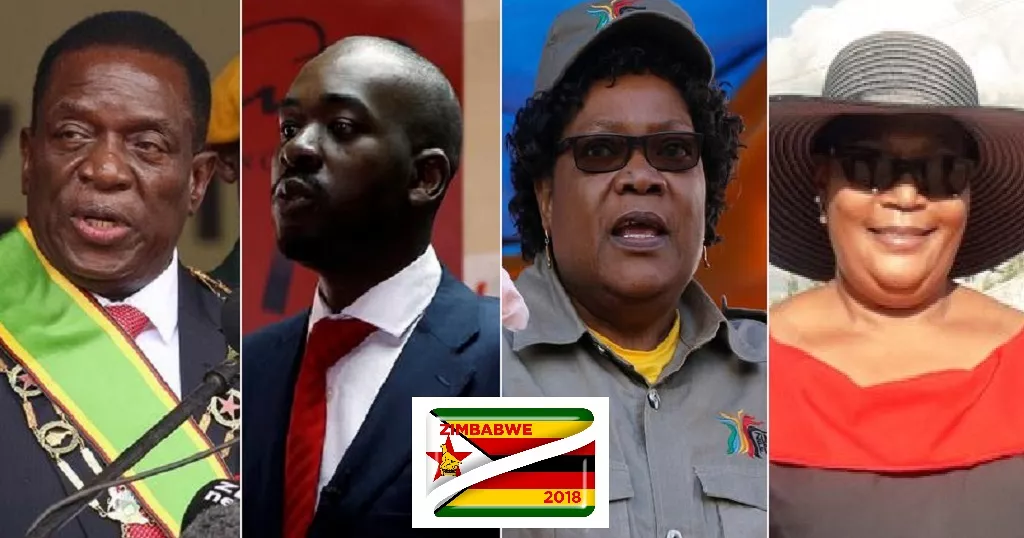
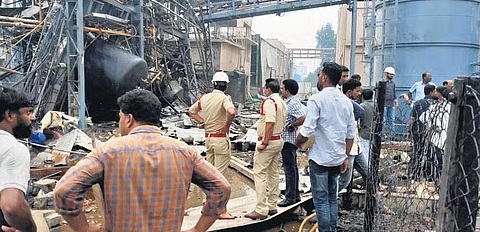
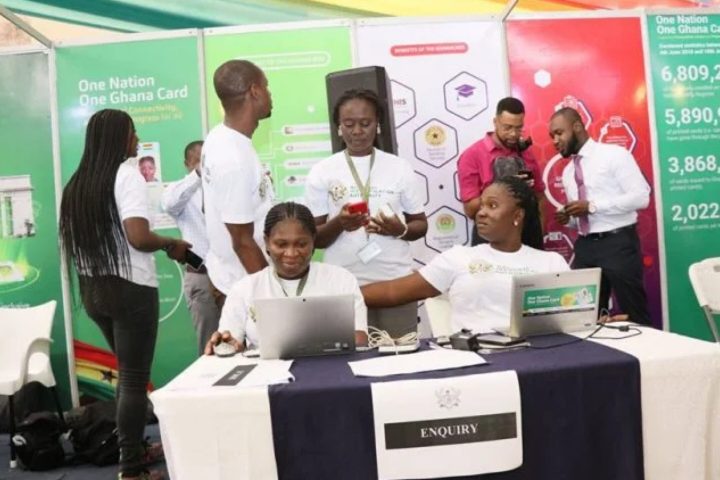
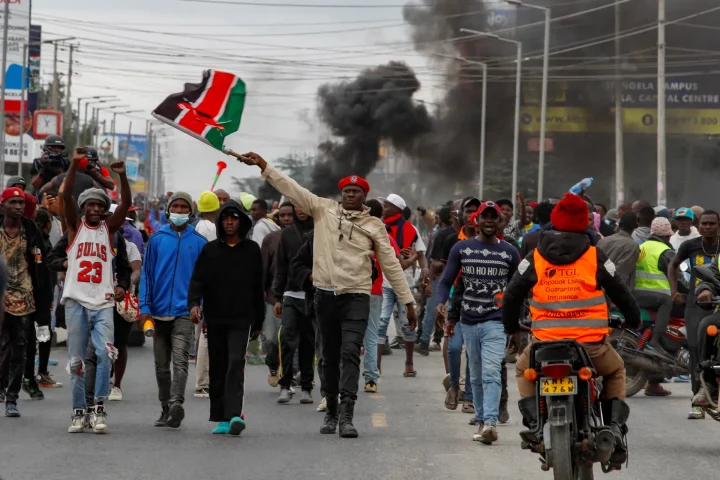



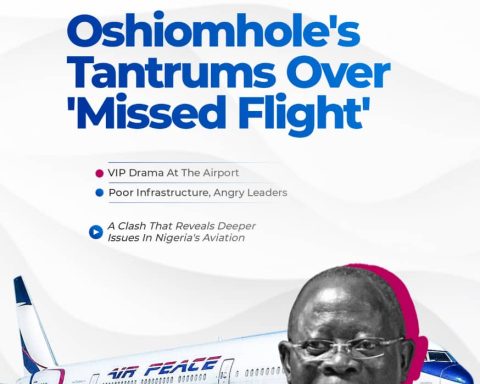


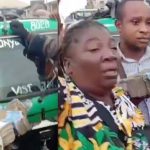
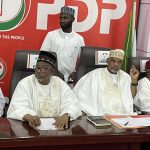

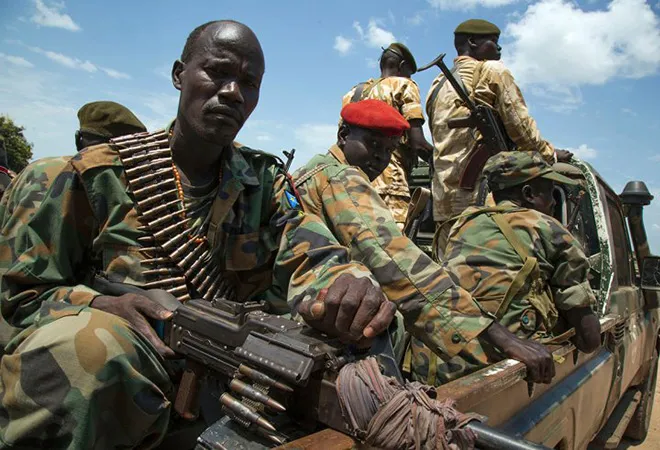
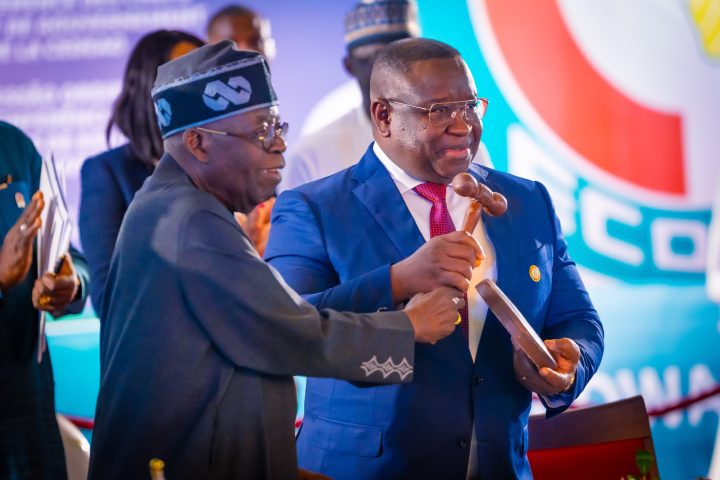
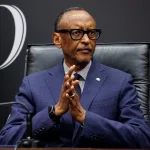
Follow Us